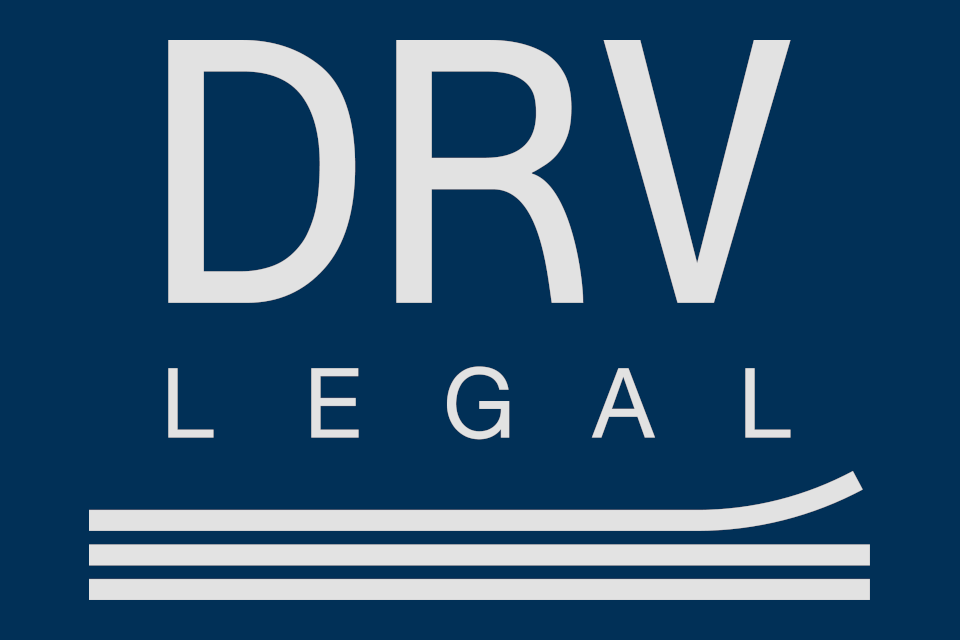The DRV litigation team, led by the partner Dušan Dvořák, has recently achieved two successes when representing clients before the Supreme Court, which granted the extraordinary appeals of DRV over promissory notes and a pledge of a claim.
In the judgement file no. 29 Cdo 895/2018-125, the Supreme Court agreed with the approach, that if the defendant (debtor of the claim) fulfilled the pledged claim in May 2014 (before maturity) by paying it to the debtor directly (not to the designated bank account of the secured creditor), even though it was proved that in April 2014 he was duly notified of the pledge of the claim in favour of the bank (creditor), then even in the period from the notification of the creation of the pledge (7 April 2014) to the maturity of the claim (11 May 2014) the defendant cloud be released from his obligation only by paying to the pledgee. This also applied in the time from the maturity of the pledged claim until the opening of the insolvency proceeding (September 2014). After the opening of the insolvency proceeding until the decision on bankruptcy, the defendant was obliged to pay to the debtor, and after the decision on bankruptcy regarding the debtor’s assets, to the debtor’s insolvency administrator (plaintiff). After the maturity of the pledged claim, these persons could recover this claim. If the defendant was notified on 7 April 2014 of the creation of the pledge of the claim, which the defendant was obliged to satisfy, and the defendant subsequently fulfilled this claim directly to the debtor, he did not release himself from his obligation to pay the pledged claim to the pledgee (bank). Following the declaration of bankruptcy, the debtor’s insolvency administrator is entitled to recover this claim, as it was not discharged.
In the judgement file no. 29 Cdo 1178/2018-372, the Supreme Court assessed the conditions of validity of a promissory note. The High Court in Prague declared the promissory notes invalid, so we filed an extraordinary appeal on behalf of the plaintiff. In the present case, the promissory notes do not indicate the place where the payment is to be made; it was to be assessed, what is the significance for the question of (in)validity of the promissory notes if the following is indicated: “due at (…)” with a blank line for “place” + the following text underneath “at K.B. Brno-venkov; 35-xxxxxxxx/0100”. In this connection, the Supreme Court explained, that the above-mentioned information on the promissory notes cannot be considered to be the name of the person, whom they were to be paid. The abbreviation K.B. (in conjunction with the account number) can be “interpreted” as Komerční banka, a.s., but the other text “Brno-venkov” is definitely not part of the name under which this legal entity is registered in the Commercial Register. In this situation, the Supreme Court viewed as decisive the (unique) graphic form of the promissory notes. In the absence of information on the place where the payment is to be made, the domicile clause is divided into a part defining the domicile-person (i.e. the person to whom the promissory notes were to be presented – see the pre-printed indication “bank”) and the part indicating the place, where this is to take place – the indication “place”. It is clear from this form of the promissory notes, that the data mentioned in the pre-printed text “bank” are only intended to identify the domicile-person, or to indicate a specific account maintained by the domicile-person, to which the promissory notes were to be paid; it was obviously not a question of defining the place of payment, since the indication of “place” of the domicile-person remained blank in the promissory notes.
